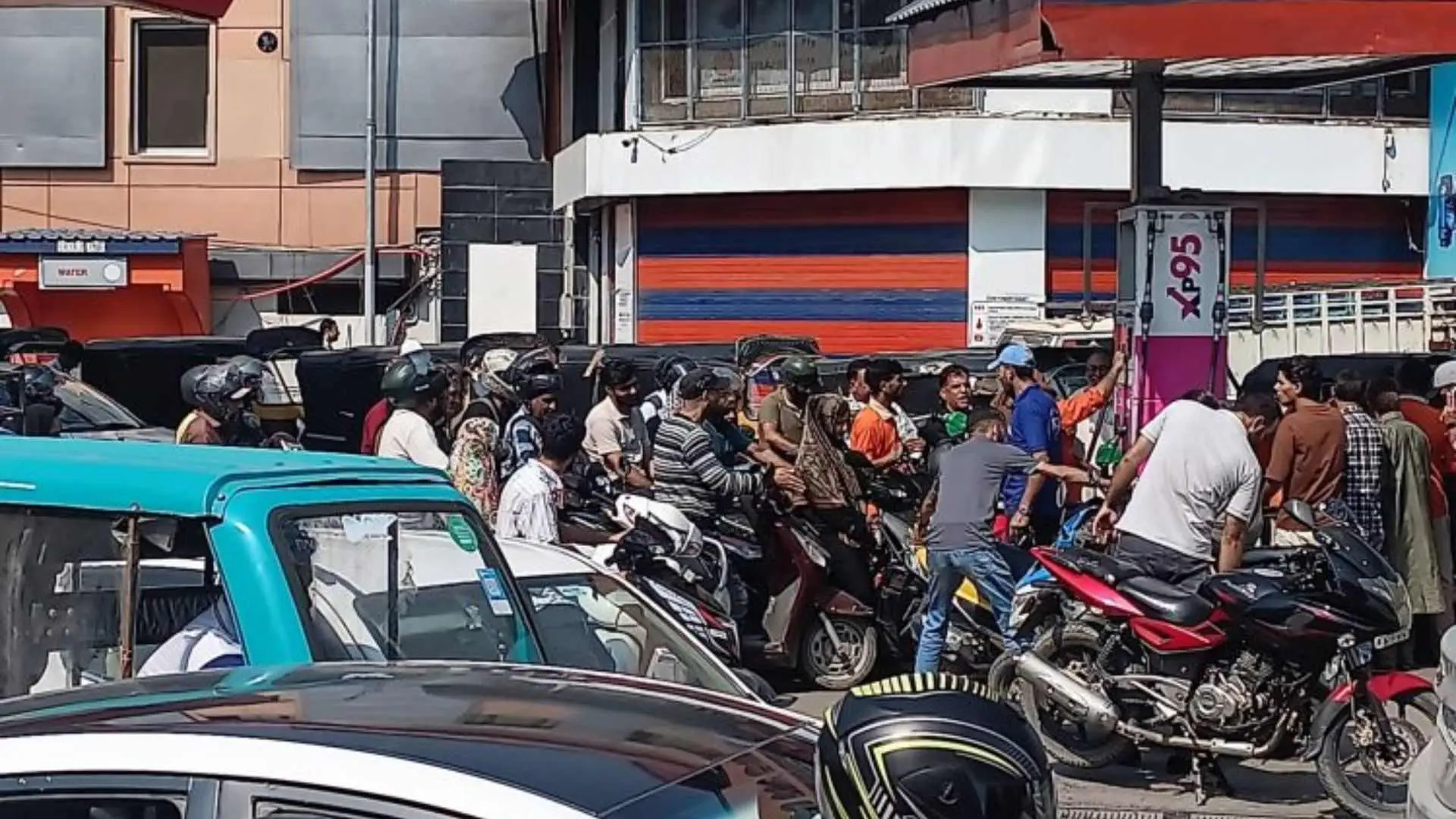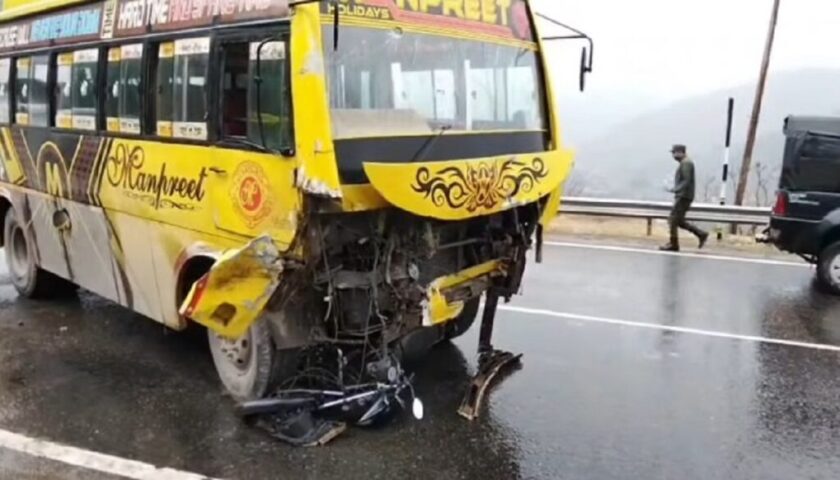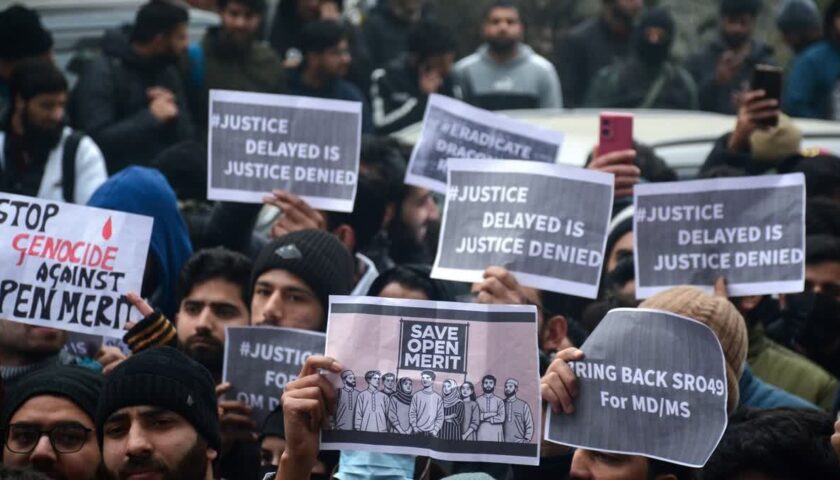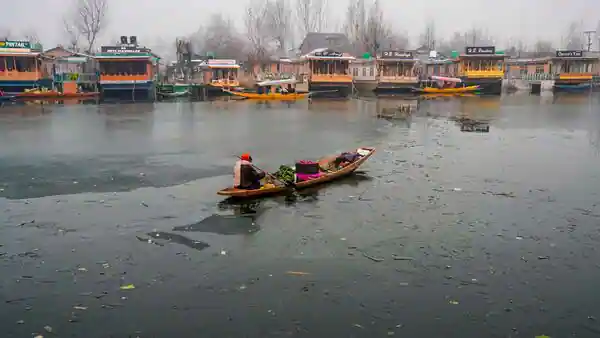By: Javid Amin | 15 September 2025
As the Jammu–Srinagar National Highway (NH-44) remains choked by landslides and bad weather, Kashmir is witnessing a fresh wave of anxiety: panic buying of fuel.
By Monday afternoon, petrol pumps across Srinagar—including Karan Nagar, Hyderpora, and Bemina—saw long serpentine queues, with motorists scrambling to top up tanks. Similar scenes were reported from Anantnag, Pulwama, Baramulla, and Kupwara, where rumors of petrol running out spread rapidly on social media.
“No Shortage,” Say Officials
Divisional Commissioner Anshul Garg sought to allay fears:
“There is no shortage of fuel in the Valley. While NH-44 is under restoration, essential commodities are well-stocked. Petrol supplies are being replenished and will normalize within two days.”
Officials confirmed that diesel and LPG stocks are adequate, while petrol tankers stranded on the highway are expected to reach depots shortly.
Despite these assurances, commuters say they are unwilling to take chances after weeks of disruption in mutton, fruit, and vegetable supplies due to the highway collapse.
Public Anxiety Runs Deep
At Karan Nagar, Bashir Ahmad, a pump owner, described the rush as “unprecedented.”
“We usually serve 500–600 vehicles a day. Today, by noon, over 1,000 motorists had lined up. People fear that if apples are rotting on the highway and mutton is missing from weddings, fuel might be next.”
For many Kashmiris, the panic reflects more than just mobility concerns—it echoes the fragile dependence on a single road lifeline.
The Bigger Picture: Highway Crisis Cascades
The closure of NH-44, Kashmir’s only all-weather road link, has already caused:
-
Fruit losses worth ₹500 crore, with apple trucks stranded for weeks.
-
Mutton scarcity, forcing postponement of over 150 weddings.
-
Retail inflation, with vegetable and fuel transport costs soaring.
Now, even the possibility of fuel shortages is adding to a climate of fear and frustration.
Authorities Appeal for Restraint
Traffic Police and Civil Supplies Department have urged the public to avoid panic buying, stressing that hoarding only worsens the situation.
A senior Petroleum official said:
“There are enough stocks in Srinagar depots to meet regular demand. We appeal to citizens not to rush unnecessarily.”
Conclusion: Panic vs. Patience
For now, officials are confident that fuel supply lines will stabilize once the highway reopens partially for oil tankers. But the episode underscores a deeper truth: in Kashmir, every highway disruption quickly mutates into a supply-chain crisis, exposing the Valley’s dependence on a single fragile corridor.
Until alternatives—such as dedicated rail cargo, air freight, and buffer depots—are strengthened, panic will remain an inevitable companion to every road blockade.




